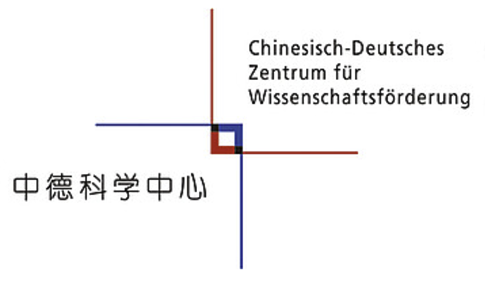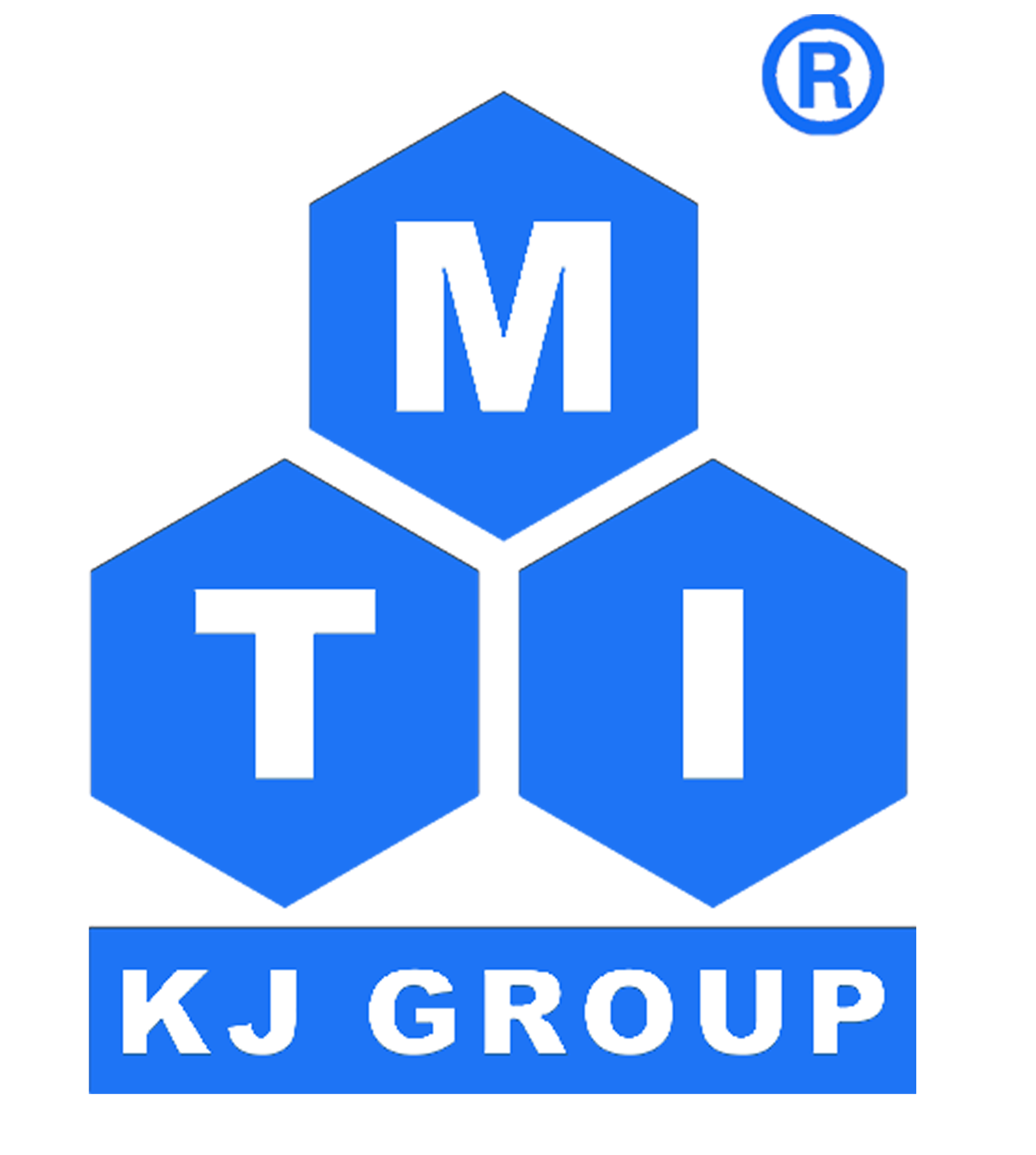New-Generation Materials Design Platform Powered by AI and Physical Modeling
Back
Hui Zhou1 *, Yu-Zhi Zhang1
1
DP Technology, Beijing 100080, P. R. China
*Corresponding Author: zhouh@dp.tech
Materials are fundamental to various key fields, yet their development has traditionally relied on a costly and time-consuming trial-and-error approach. MatSpace aims to revolutionize materials design and optimization by integrating state-of-the-art artificial intelligence with robust physical modeling. This combination significantly reduces reliance on traditional methods, making property prediction more efficient and accurate. Our platform features advanced atomistic simulations like Density Functional Theory (DFT) and Molecular Dynamics (MD), providing insights into the atomic-level behavior of materials. These simulations help predict properties and optimize materials before synthesis. Additionally, automatic characterization tools such as Scanning Electron Microscopy (SEM) offer detailed microstructural information. The platform’s intuitive interface ensures ease of use, facilitating seamless data analysis and interpretation. With effective multi-source data management, the platform aids in understanding the intricate structure property relationships crucial for materials design. By accelerating the engineering of next-generation materials, it enhances efficiency and broadens potential applications.
MatSpace supports industries including advanced batteries, high-performance catalysts, innovative polymers, durable metals and alloys, and cutting-edge organic
electronics. By streamlining simulations, characterization, and data management, it empowers researchers and engineers, paving the way for rapid advancements and the
creation of high-performance materials tailored to specific industrial needs. In summary, MatSpace leverages advancements in artificial intelligence and physical modeling to
transform the materials development process, driving innovation and efficiency across International Workshop on Data-Driven Computational and Theoretical Materials Design (DCTMD2024) October 9-13, 2024, Shanghai, China multiple industries.
Keywords: DFT, Molecular Dynamics, Characterization Tools, Materials Science
References
1. Zhang, Duoduo et al. “DPA-2: a large atomic model as a multi-task learner.” (2023)












